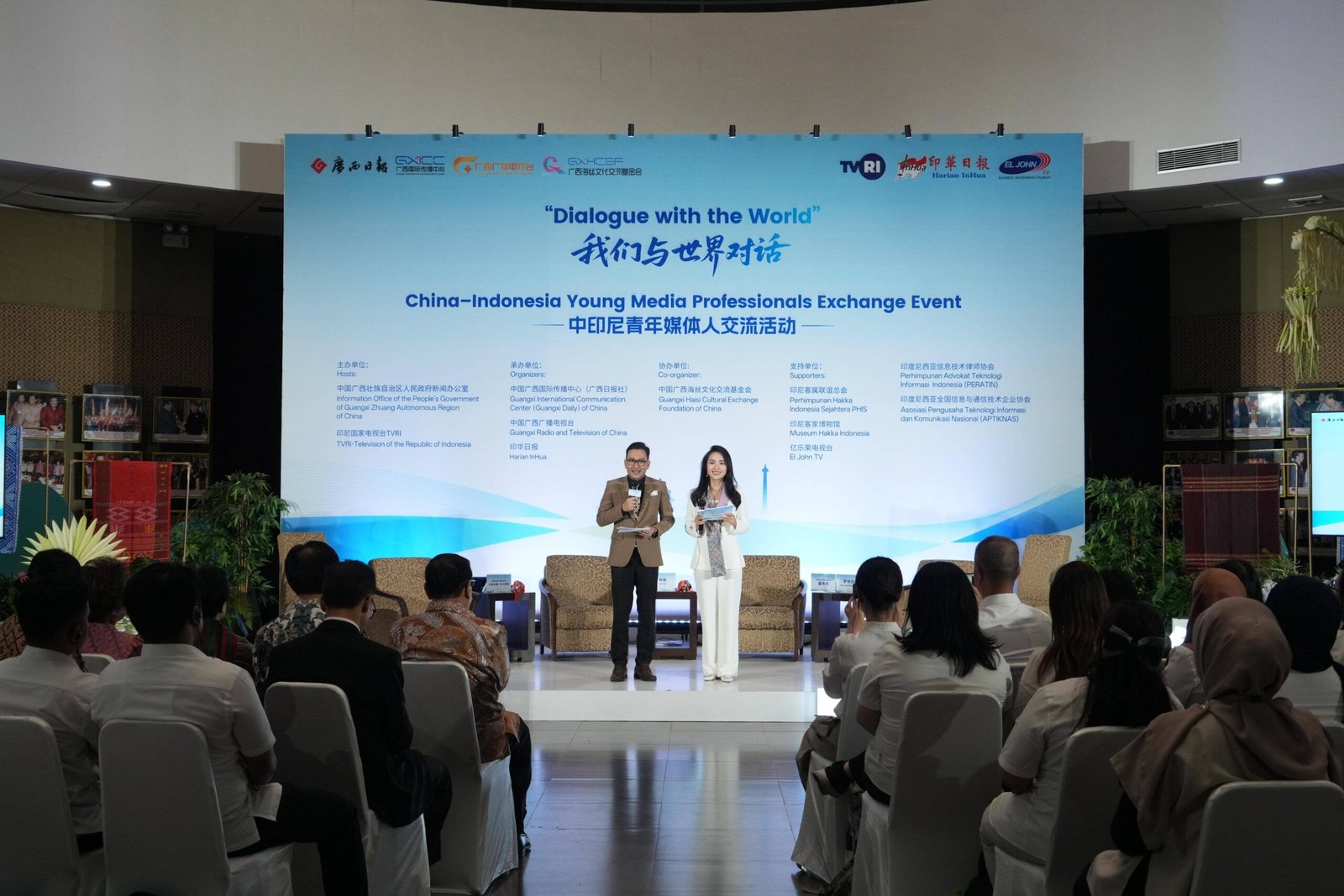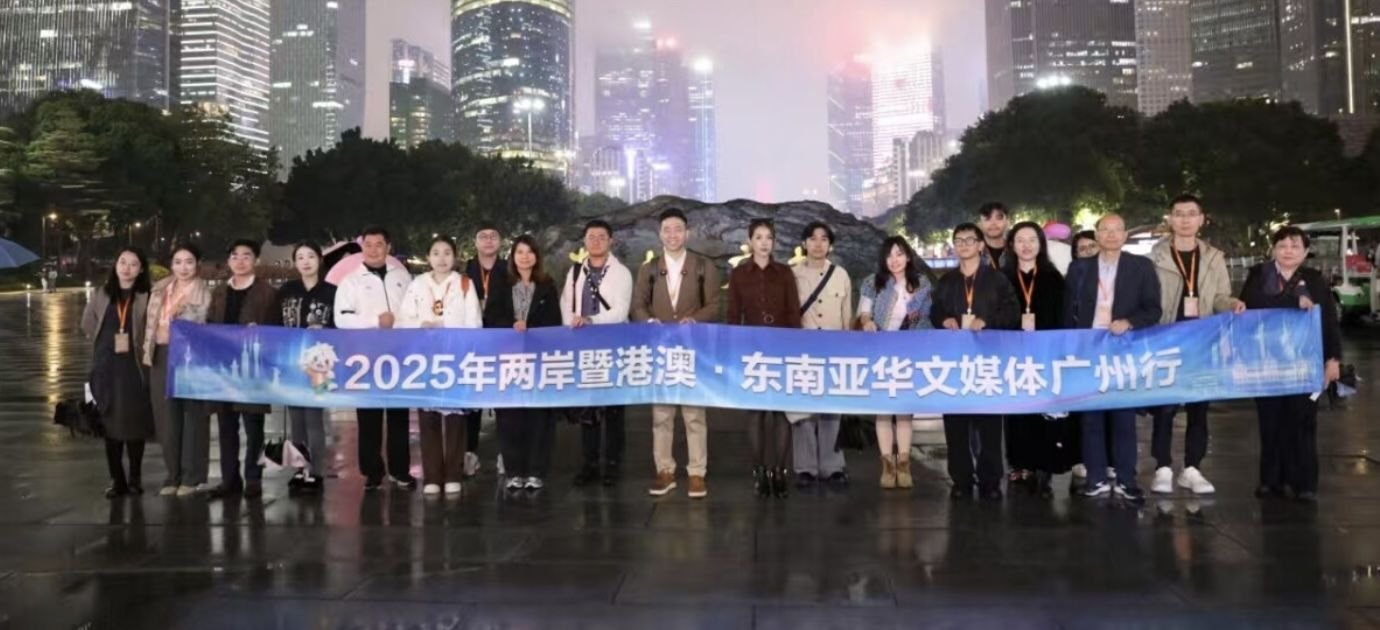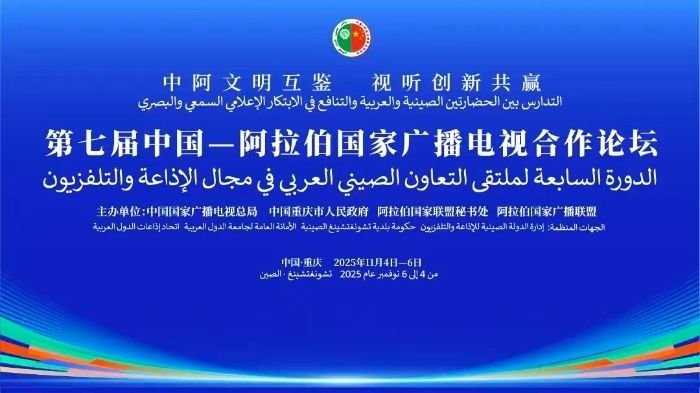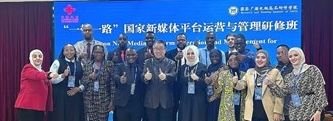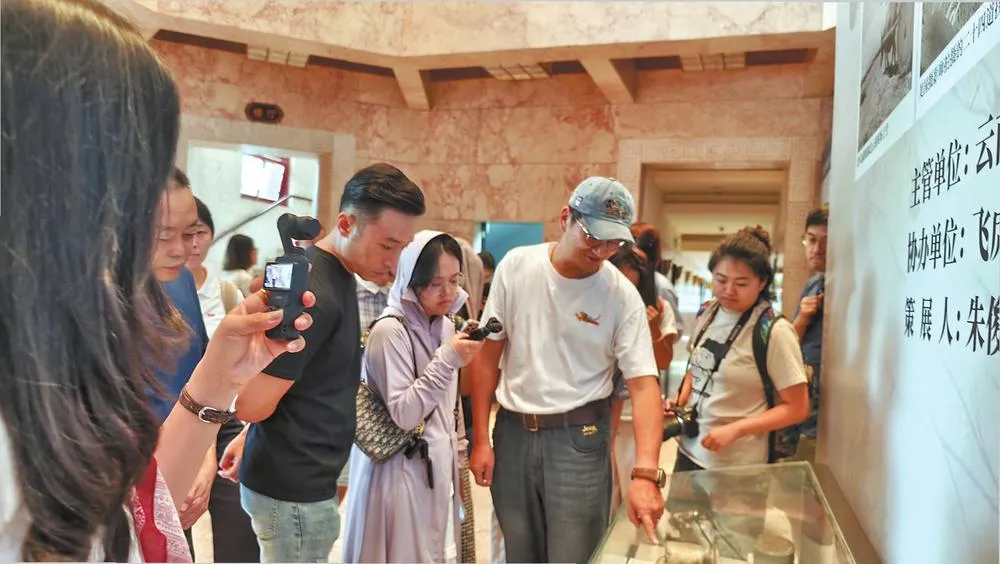Vietnam-China Friendship Journey Media Tour
Guangdong Radio and Television (廣東廣播電視台) organized a week-long propaganda tour for Vietnamese journalists, media representatives, and scholars from December 22-29, 2025, traveling through Guangxi and Guangdong provinces. The “Vietnam-China Friendship Journey” (Hành trình hữu nghị Việt-Trung) coincided with the 75th anniversary of China-Vietnam diplomatic relations and Vietnam’s Year of People-to-People Exchanges with China. Participants visited “red sites” connected to Vietnamese revolutionary history and Ho Chi Minh’s activities in Guangdong, framing China’s historical role in Vietnam’s communist revolution. Vietnamese Consul General in Guangzhou Nguyen Viet Dung (阮越勇) emphasized the tour implements the “six improvements” framework for bilateral relations, particularly “building a more solid social foundation” through media and academic exchanges. The itinerary combined revolutionary heritage sites with visits to modern Chinese media centers in Shenzhen, Dongguan, and Guangzhou to “share experiences in content production and technology application” for external communication—coordinating propaganda approaches between Chinese and Vietnamese state media under the banner of friendship, a term the CCP uses to condition relationships on accommodating China’s core interests.



